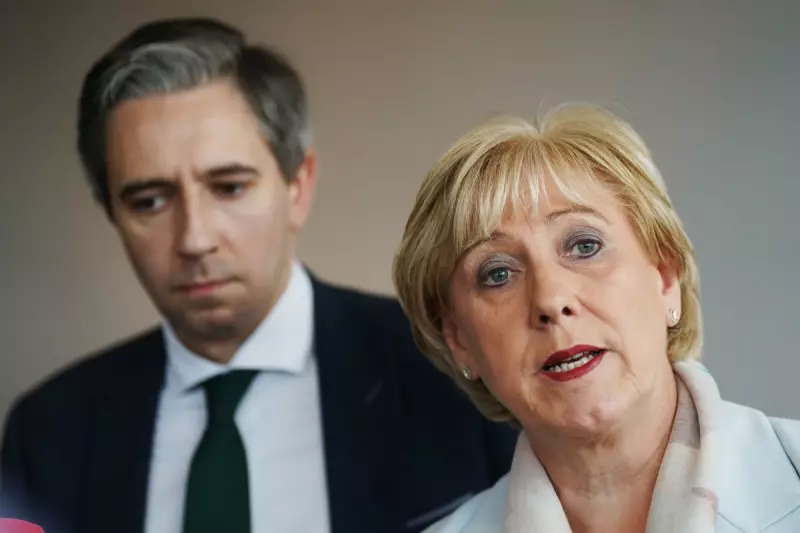
In what would represent a seismic shift in Northern Irish politics, Ireland's deputy premier Micheál Martin is reportedly considering an extraordinary move that could see him become First Minister of Northern Ireland.
Unprecedented Cross-Border Leadership
The Fianna Fáil leader, who currently serves as Ireland's tánaiste and minister for foreign affairs, has confirmed he would "consider" taking the role if his party contests and wins elections in Northern Ireland. This would mark the first time a senior Irish government minister has simultaneously held the highest office in Northern Ireland's devolved government.
Mr Martin revealed that his party is actively discussing whether to "contest elections in Northern Ireland in the future", telling the BBC: "If we were to contest elections, and if we were to be in a position to nominate for first minister or deputy first minister, of course I would consider that."
Breaking Political Boundaries
The potential move comes as Northern Ireland's power-sharing institutions remain suspended amid ongoing disputes. Under the current system, the largest political party nominates the first minister, while the largest party in the next-largest community nominates the deputy first minister - with both positions holding equal power.
This development signals a potential reconfiguration of political alignments that could reshape the landscape of Northern Irish politics and cross-border relations between the UK and Ireland.
Implications for Power-Sharing
Political analysts suggest such a move could have far-reaching consequences:
- Breaking traditional community-based political divisions
- Creating new cross-border political dynamics
- Potentially reshaping the implementation of the Good Friday Agreement
- Opening new possibilities for power-sharing arrangements
The situation remains fluid, with Mr Martin emphasising that no final decision has been made about whether Fianna Fáil will actually contest Northern Irish elections. However, the mere consideration of such a move represents a significant moment in the evolving relationship between Northern Ireland and the Republic.





